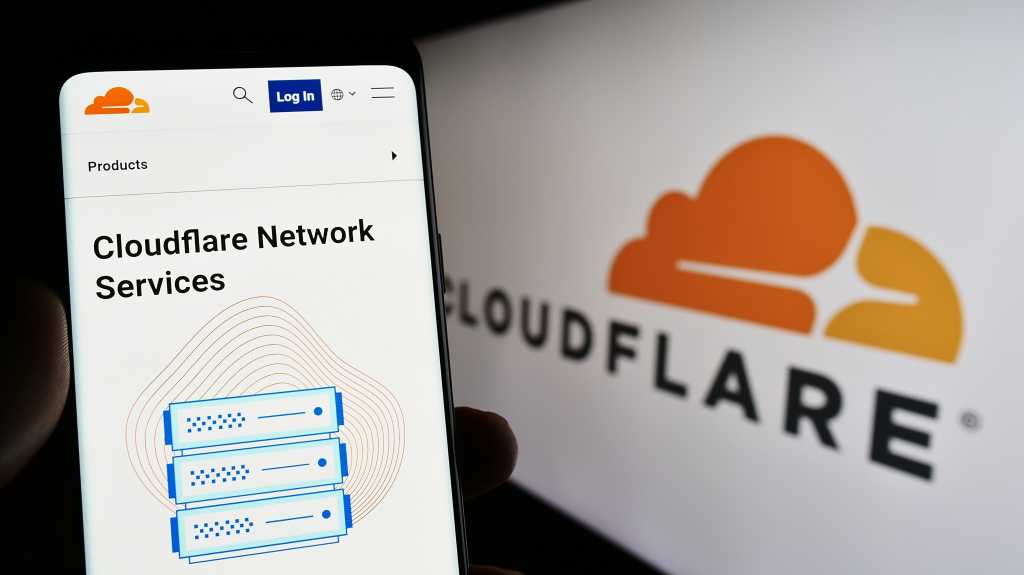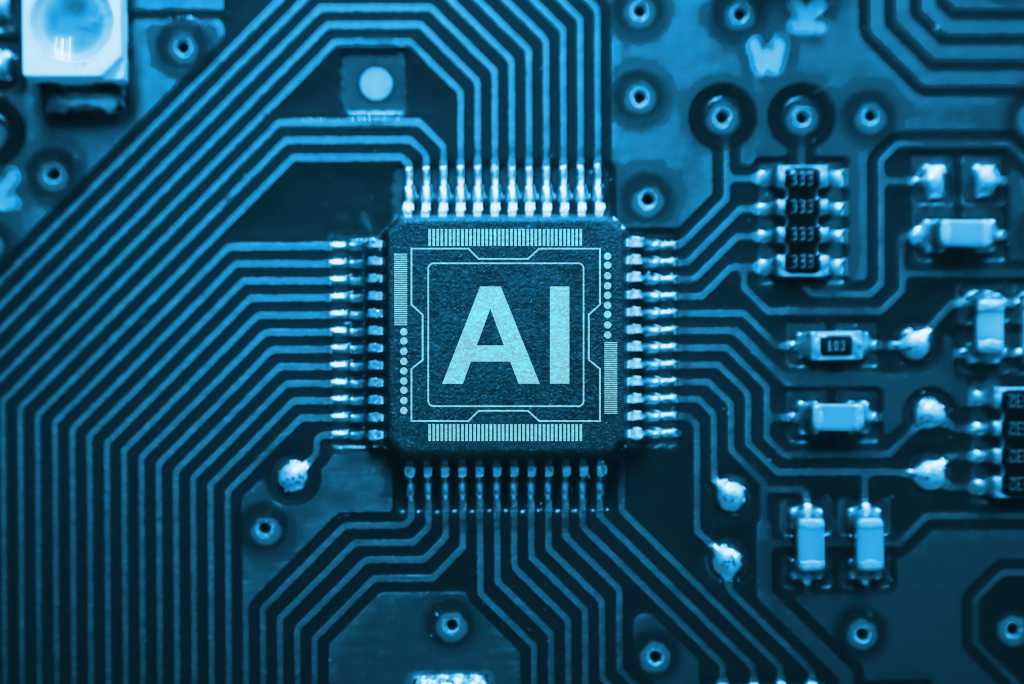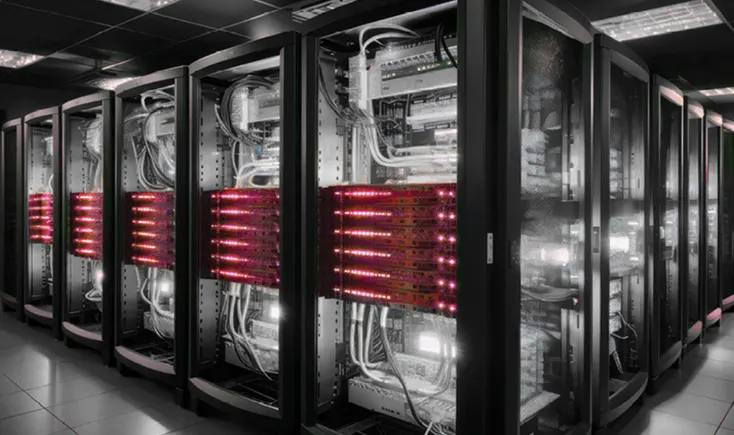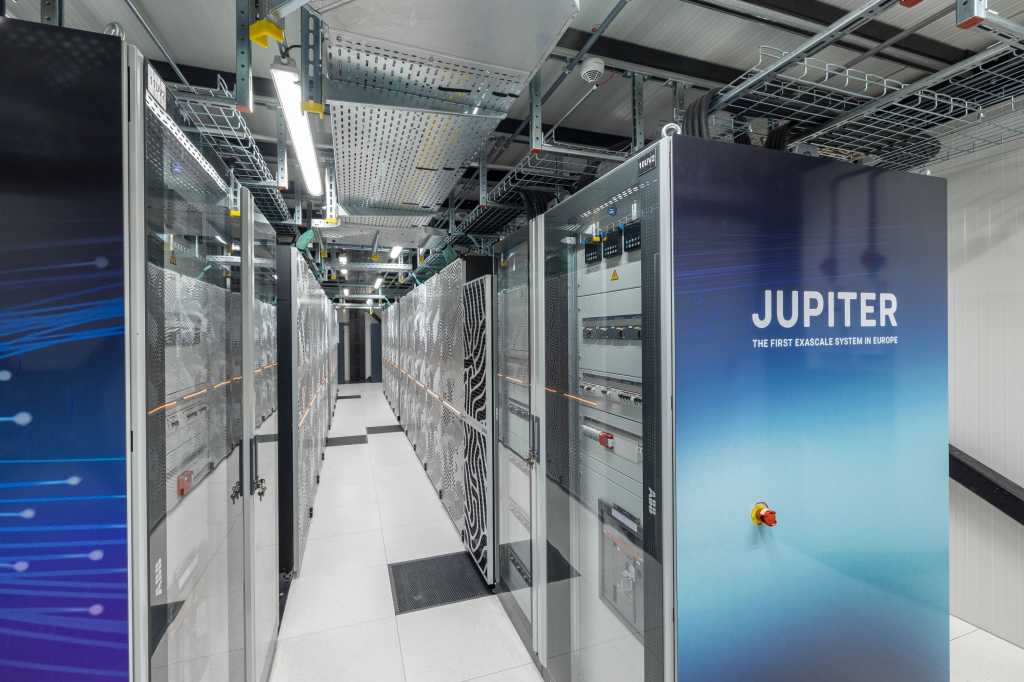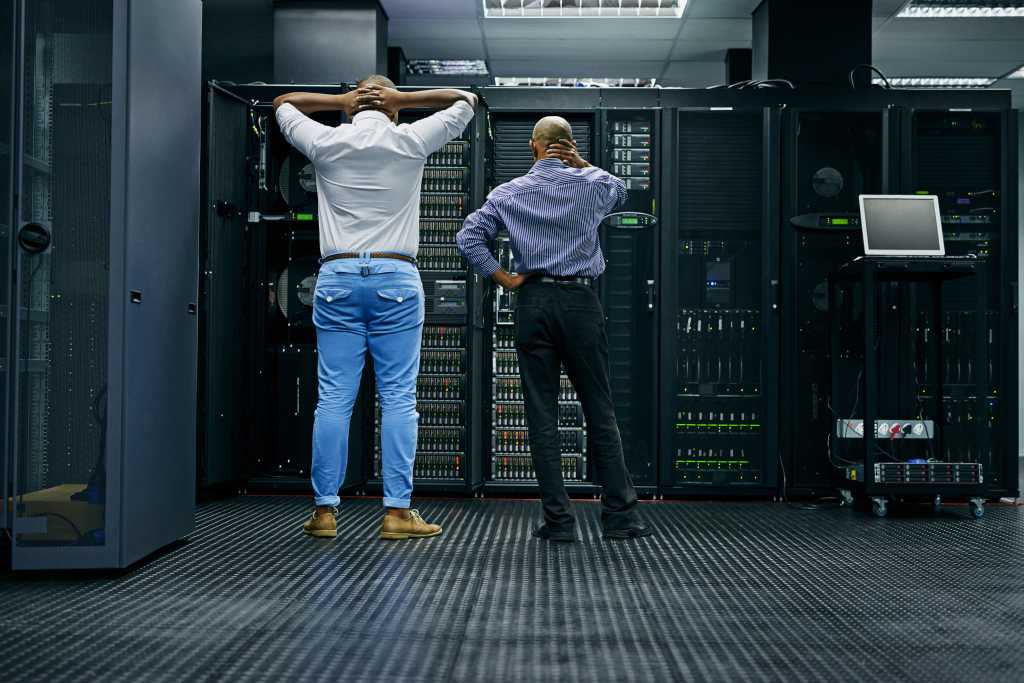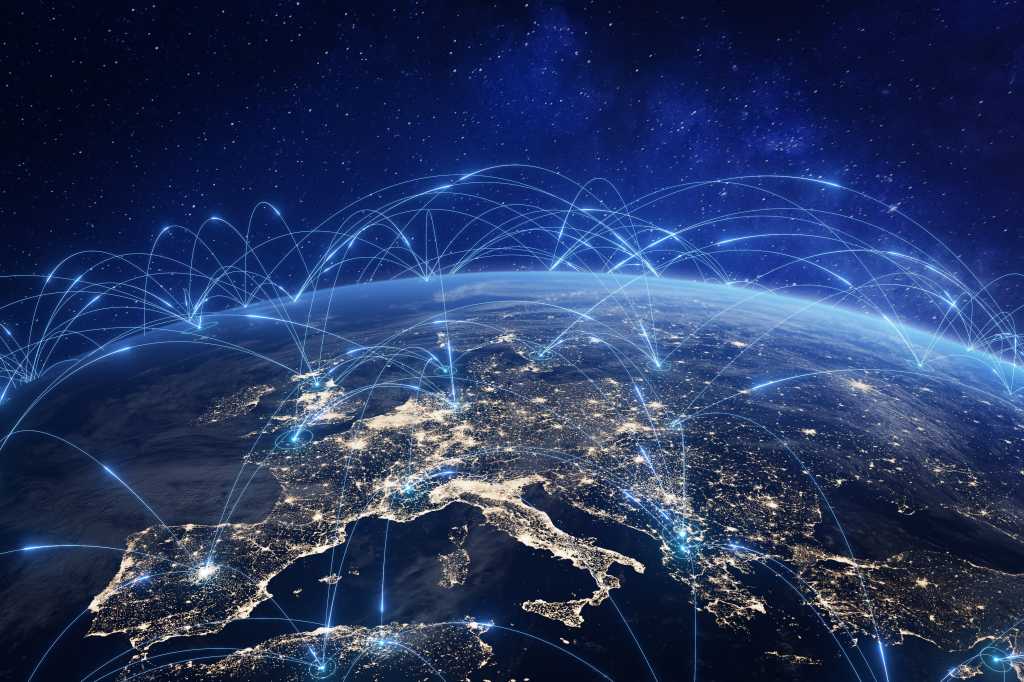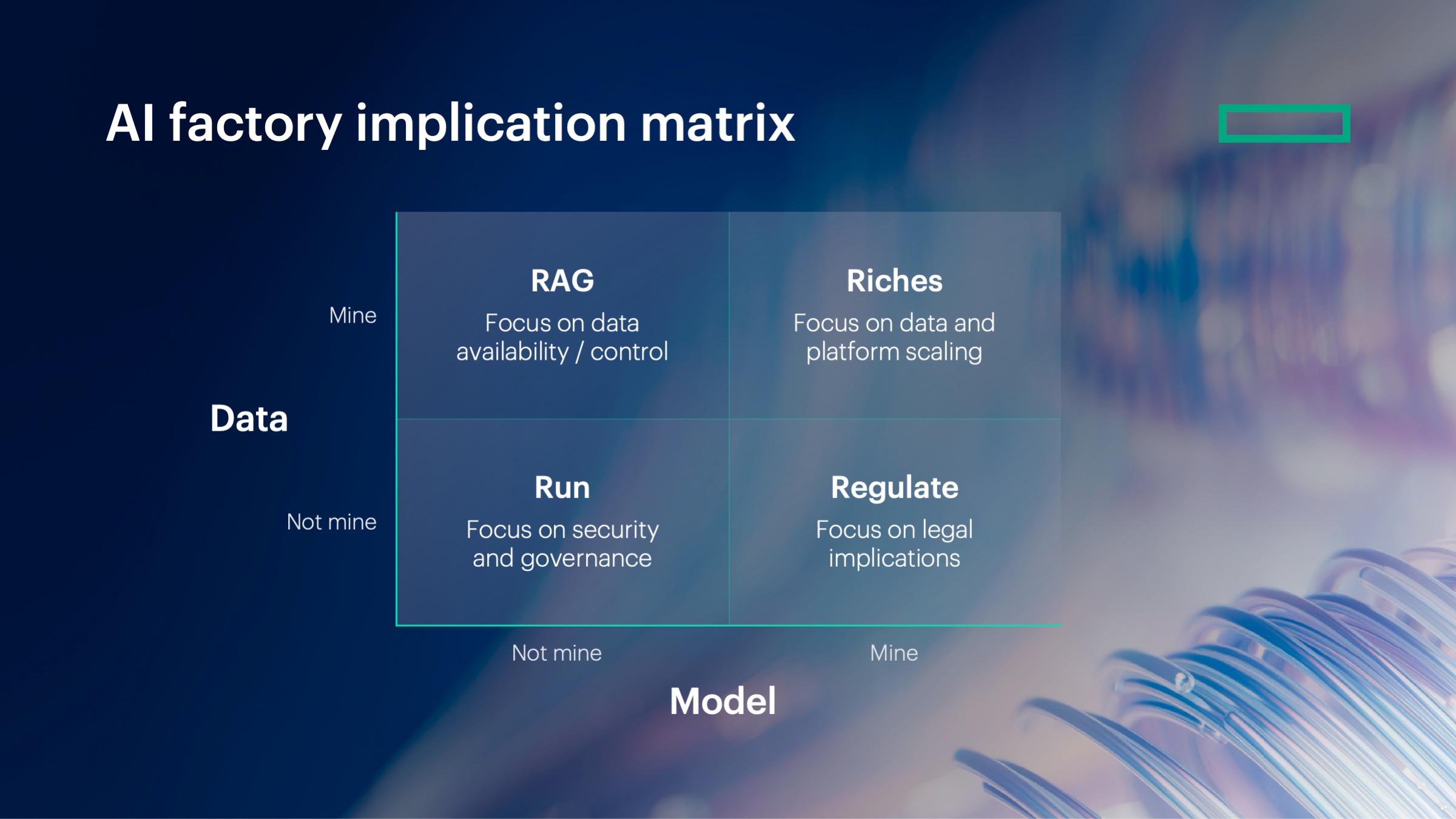This is today’s edition of The Download, our weekday newsletter that provides a daily dose of what’s going on in the world of technology.
Quantum physicists have shrunk and “de-censored” DeepSeek R1
The news: A group of quantum physicists at Spanish firm Multiverse Computing claims to have created a version of the powerful reasoning AI model DeepSeek R1 that strips out the censorship built into the original by its Chinese creators.
Why it matters: In China, AI companies are subject to rules and regulations meant to ensure that content output aligns with laws and “socialist values.” As a result, companies build in layers of censorship when training the AI systems. When asked questions that are deemed “politically sensitive,” the models often refuse to answer or provide talking points straight from state propaganda.
How they did it: Multiverse Computing specializes in quantum-inspired AI techniques, which it used to create DeepSeek R1 Slim, a model that is 55% smaller but performs almost as well as the original model. It allowed them to identify and remove Chinese censorship so that the model answered sensitive questions in much the same way as Western models. Read the full story.
—Caiwei Chen
Google’s new Gemini 3 “vibe-codes” responses and comes with its own agent
Google today unveiled Gemini 3, a major upgrade to its flagship multimodal model. The firm says the new model is better at reasoning, has more fluid multimodal capabilities (the ability to work across voice, text or images), and will work like an agent.
Gemini Agent is an experimental feature designed to handle multi-step tasks directly inside the app. The agent can connect to services such as Google Calendar, Gmail, and Reminders. Once granted access, it can execute tasks like organizing an inbox or managing schedules. Read the full story.
—Caiwei Chen
MIT Technology Review Narrated: Why climate researchers are taking the temperature of mountain snow
The Sierra’s frozen reservoir provides about a third of California’s water and most of what comes out of the faucets, shower heads, and sprinklers in the towns and cities of northwestern Nevada.
The need for better snowpack temperature data has become increasingly critical for predicting when the water will flow down the mountains, as climate change fuels hotter weather, melts snow faster, and drives rapid swings between very wet and very dry periods.
A new generation of tools, techniques, and models promises to improve water forecasts, and help California and other states manage in the face of increasingly severe droughts and flooding. However, observers fear that any such advances could be undercut by the Trump administration’s cutbacks across federal agencies.
This is our latest story to be turned into a MIT Technology Review Narrated podcast, which we’re publishing each week on Spotify and Apple Podcasts. Just navigate to MIT Technology Review Narrated on either platform, and follow us to get all our new content as it’s released.
The must-reads
I’ve combed the internet to find you today’s most fun/important/scary/fascinating stories about technology.
1 Yesterday’s Cloudflare outage was not triggered by a hack
An error in its bot management system was to blame. (The Verge)
+ ChatGPT, X and Uber were among the services that dropped. (WP $)
+ It’s another example of the dangers of having a handful of infrastructure providers. (WSJ $)
+ Today’s web is incredibly fragile. (Bloomberg $)
2 Donald Trump has called for a federal AI regulatory standard
Instead of allowing each state to make its own laws. (Axios)
+ He claims the current approach risks slowing down AI progress. (Bloomberg $)
3 Meta has won the antitrust case that threatened to spin off Instagram
It’s one of the most high-profile cases in recent years. (FT $)
+ A judge ruled that Meta doesn’t hold a social media monopoly. (BBC)
4 The Three Mile Island nuclear plant is making a comeback
It’s the lucky recipient of a $1 billion federal loan to kickstart the facility. (WP $)
+ Why Microsoft made a deal to help restart Three Mile Island. (MIT Technology Review)
5 Roblox will block children from speaking to adult strangers
The gaming platform is facing fresh lawsuits alleging it is failing to protect young users from online predators. (The Guardian)
+ But we don’t know much about how accurate its age verification is. (CNN)
+ All users will have to submit a selfie or an ID to use chat features. (Engadget)
6 Boston Dynamics’ robot dog is becoming a widespread policing tool
It’s deployed by dozens of US and Canadian bomb squads and SWAT teams. (Bloomberg $)
7 A tribally-owned network of EV chargers is nearing completion
It’s part of Standing Rock reservation’s big push for clean energy. (NYT $)
8 Resist the temptation to use AI to cheat at conversations
It makes it much more difficult to forge a connection. (The Atlantic $)
9 Amazon wants San Francisco residents to ride its robotaxis for free
It’s squaring up against Alphabet’s Waymo in the city for the first time. (CNBC)
+ But its cars look very different to traditional vehicles. (LA Times $)
+ Zoox is operating around 50 robotaxis across SF and Las Vegas. (The Verge)
10 TikTok’s new setting allows you to filter out AI-generated clips
Farewell, sweet slop. (TechCrunch)
+ How do AI models generate videos? (MIT Technology Review)
Quote of the day
“The rapids of social media rush along so fast that the Court has never even stepped into the same case twice.”
—Judge James Boasberg, who rejected the Federal Trade Commission’s claim that Meta had created an illegal social media monopoly, acknowledges the law’s failure to keep up with technology, Politico reports.
One more thing
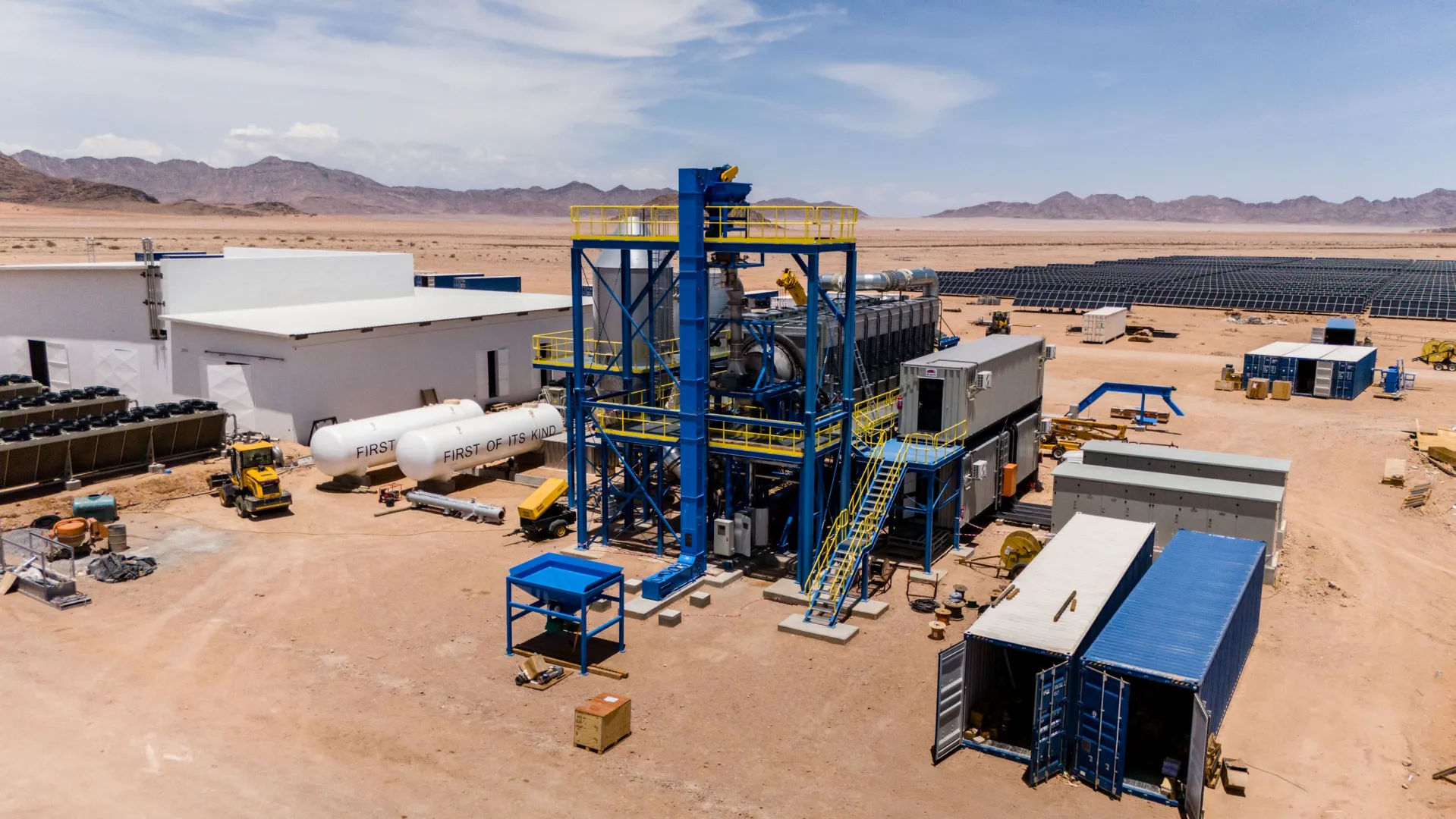
Namibia wants to build the world’s first hydrogen economy
Factories have used fossil fuels to process iron ore for three centuries, and the climate has paid a heavy price: According to the International Energy Agency, the steel industry today accounts for 8% of carbon dioxide emissions.
But it turns out there is a less carbon-intensive alternative: using hydrogen. Unlike coal or natural gas, which release carbon dioxide as a by-product, this process releases water. And if the hydrogen itself is “green,” the climate impact of the entire process will be minimal.
HyIron, which has a site in the Namib desert, is one of a handful of companies around the world that are betting green hydrogen can help the $1.8 trillion steel industry clean up its act. The question now is whether Namibia’s government, its trading partners, and hydrogen innovators can work together to build the industry in a way that satisfies the world’s appetite for cleaner fuels—and also helps improve lives at home. Read the full story.
—Jonathan W. Rosen
We can still have nice things
A place for comfort, fun and distraction to brighten up your day. (Got any ideas? Drop me a line or skeet ’em at me.+ This art installation in Paris revolves around porcelain bowls clanging against each other in a pool of water—it’s oddly hypnotic.
+ Feeling burnt out? Get down to your local sauna for a quick reset.
+ New York’s subway system is something else.
+ Your dog has ancient origins. No, really!

